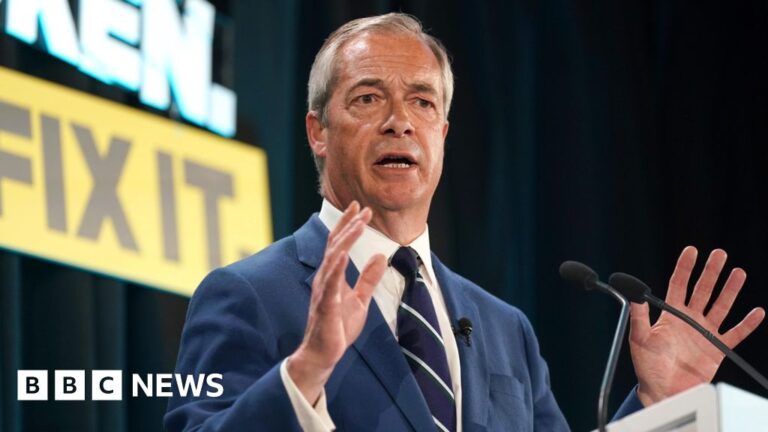Public Opinion on Climate Policy: How It Is Viewed by the Public
In an increasingly climate-changed world, it is crucial that public attitude be gauged on climate policy. New surveys and studies give valuable insights into how people feel about climate change process globally and in various regions, as well as what policymakers are up against in addressing environmental issues.
United States
Paradigms of Americans concerning climate change have been radically transformed. Though 73% of Americans acknowledge climate change, only 46% consider it to be a serious problem: a change from the previous years. Accordingly, before, 66% would support action by the government in which this year 2024 saw the number of supporters drop to 59%. In addition, the 18 to 34 age group, who were considered to be the greatest supporters of fighting climate change, appears to have lost their fire as demonstrated by a decrease in concern by 67% of this age group in 2021 down to 50%.
Despite all these, support for renewable energy remains high, with current assessment showing 74% support tax incentives for clean energy alternatives, a drop from 85% in 2020. Very interestingly, perception towards nuclear energy has changed; now, 47% approve tax exemptions on nuclear initiatives, much higher than 37% in 2020.
Canada
For example, in Canada, 61% of people attribute climate change to human activities, while 63% perception is that it constitutes a serious crisis. Canadians seem to be in support of most government-led climate actions; 64% of people support stronger measures. Yet the debates about carbon tax policy in the country actually mirror the increased concerns about the economy in relation to climate policy.
Global Tendencies
There is quite a strong public pressure to act against climate change all over the world. A poll by the University of Oxford suggested that about 80% of people around the world want their governments to act more vigorously. However, while much varies, for example, in the UK, the whole cost of living crisis slightly turns the table of concern away from the environment. In Britain, 80% of the people are willing to go for greener home improvements, while financial practicalities and unclear benefits prevent such actions.
Economic and Political Dynamics
Economic factors penetrate the opinions deeply. Voters consider immediate financial security much more as compared to climate objectives at long-run in few parts of the world. Change in government is also likely to cause a resulting change in the climate policy, e.g., election in the US and Canada might result in drastic changes in the policy regarding environment, which is the general trend in a cross section over the world where politics and climate policy go almost hand in hand.
Public opinion on climate policy characterizes a delicate balance between urgency, economic realities, and political will; this evidences the way complexity that would be put forth in addressing climate change at the global level.





